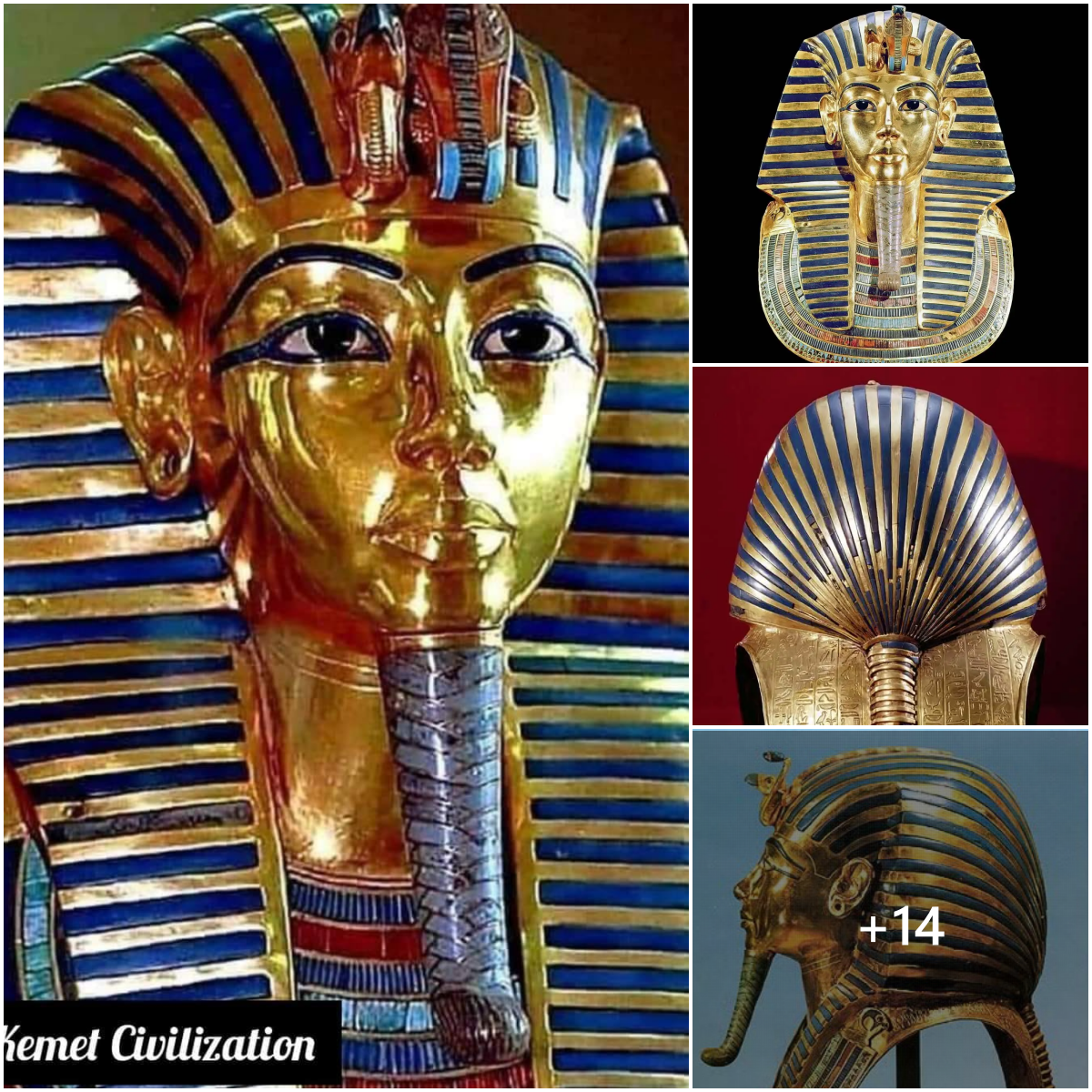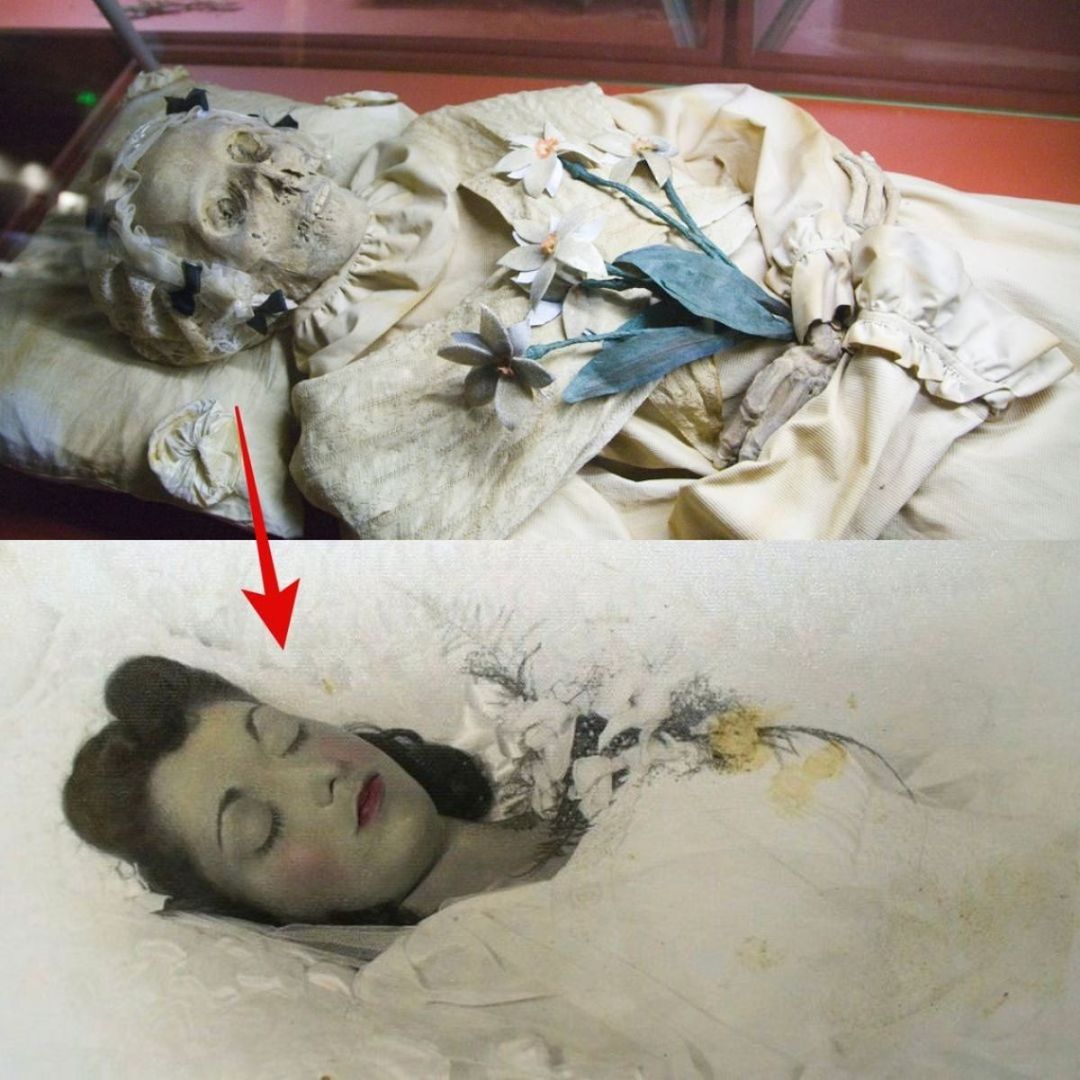
The lives of the Caesars have generated much debate. Tiberius in particular is an intriguing figure who evades conclusion. Did he resent power? Was his reluctance an act? The role of the media and gossip in the presentation of people in power has always had a consequential effect. Despite the clear successes of Rome during Tiberius’ reign, history appears to focus on his reputation as a violent, perverse, and reluctant ruler. How well did historians writing years after Tiberius’ reign truly know the Emperor’s character? In many cases, word of mouth has become convoluted and distorted over time, making it very difficult to say with certainty what such a person was truly like.

Tiberius was the second Emperor of Rome, reigning from A.D. 14-37. He succeeded Augustus, who founded the Julio-Claudian dynasty. Tiberius was the stepson of Augustus, and their relationship is hotly debated by historians. Many believe that Augustus forced the succession of the Empire onto Tiberius, and that he hated him for it. Others believe Augustus was working closely with Tiberius to ensure his succession, whilst trying to make it appear otherwise. The impact of their relationship will be returned to in due course, as we will start with Tiberius’ childhood.
Tiberius’s mother, Livia, married Augustus when Tiberius was three years old. His younger brother, Drusus, was born in the January of 38 B.C., just a few days before Livia’s marriage to Augustus. According to Suetonius, Livia’s first husband and the father of her two children, Tiberius Claudius Nero, was either persuaded or forced by Augustus to hand over his wife. Whatever the case, the historian Cassius Dio writes that Tiberius Senior was present at the wedding and gave Livia away like a father would.
Tiberius and Drusus lived with their paternal father until his death. At this time, Tiberius was nine, so he and his brother went to live with their mother and stepfather. Tiberius’ lineage was already a factor that could have contributed to his negative reputation when joining the dynasty.
Get the latest articles delivered to your inbox
Sign up to our Free Weekly Newsletter
His father had been part of the Claudii line, which was the opposing household name that competed with the Julii, the Emperor Augustus’ family. The historian Tacitus, who recorded much of Tiberius’ life, shows bias in his account against the Claudii; he criticizes the family frequently and calls them “haughty.”

In the lead up to the succession, Augustus had many heirs. Unfortunately, Augustus’ wide pool of candidates suspiciously died one after the other. These deaths were deemed as “accidental” or “natural” yet historians speculate whether they were in fact murders. Some suspect that Livia orchestrated these deaths so that Tiberius would be guaranteed power. All the while, Augustus worked to elevate Tiberius’ position within the Empire so that the people would gladly accept his succession. The smoother the succession, the better the preservation of the Empire.
Augustus gave Tiberius many powers, but he most excelled during his military campaigns. He was a very successful military leader, quelling mutinies and strengthening the borders of the empire in successive decisive campaigns. He campaigned in Armenia to strengthen the Roman-Parthian border. Whilst there, he managed to regain the Roman standards — golden eagles — that Crassus had previously lost in war. These standards were especially significant as representations of the power and might of the Roman Empire.
Tiberius also campaigned alongside his brother in Gaul, where he fought in the Alps and conquered Raetia. He was often sent to the most volatile areas of the Roman Empire because of his prowess at quelling riots. This is likely to mean one of two things: he was a brutal commander who crushed rebellions, or he was an expert mediator, skilled at stopping crime and bringing peace. In response to these successes, he was repeatedly given more and more powers within Rome, highlighting him as Augustus’ successor.
However, Tiberius appeared to chafe under these increasing powers and he became irritated by the politics of the senate. He famously disliked the doting servility of the senate members groveling at the emperor’s feet for power and favors. He reportedly called them a “house of sycophants.”

At the peak of his power, Tiberius announced his retirement. He set sail for Rhodes, claiming that he was tired of politics and wanted a break. An exhausting senate was not the only cause of this retreat… Some historians are adamant that the real reason he left Rome was because he could not stand his new wife, Julia.
Julia was the spirited and flirtatious daughter of Augustus. Marriage to Julia was a clear indication of Tiberius’ likely succession. However, he had been very reluctant to marry her. He especially disliked her because when Julia was married to her previous husband, Marcellus, she had attempted to have an affair with Tiberius, but he had rejected her advances.
Julia was eventually exiled for her promiscuous behavior, so Augustus divorced her from Tiberius. Tiberius was delighted about this and requested to come back to Rome, but Augustus declined because he was still smarting from Tiberius’ desertion. Before his disastrous marriage with Julia, Tiberius had already been married to a woman called Vipsania, whom he had loved very dearly. Augustus had forced Tiberius to divorce Vipsania and marry his own daughter to strengthen the succession.
According to Suetonius, one day Tiberius came across Vipsania in the streets of Rome. Upon seeing her, he began crying profusely and followed her home whilst begging her for forgiveness. When Augustus heard about this, he “took measures” to ensure that the two would never meet again. This vagueness by the historian leaves the actual events open to interpretation. Was Vipsania killed? Exiled? Either way, Tiberius was left broken hearted. It is thought that his broken heart could have influenced his growing resentment of politics.

Whilst Tiberius was in Rhodes, Augustus’ two grandsons and alternative successors, Gaius and Lucius, had both died, and he was called back to Rome. His retirement had caused hostile relations with Augustus, who had seen his retirement as an abandonment of family and empire.
Nevertheless, Tiberius was given the status of co-ruler with Augustus. In this position, there was no question that Augustus intended Tiberius to take over. At this point Tiberius adopted his brother’s son, Germanicus. Tiberius’ brother Drusus had died on campaign — perhaps another cause of Tiberius’ famous pessimism.
Upon Augustus’ death, the senate declared Tiberius as the next emperor. He appeared reluctant to take Augustus’ place, and objected strongly to his own glorification. However, many of the Roman people were distrustful of this apparent reluctance, as they believed that it was an act.
Despite being accused of pretense, Tiberius made it very clear that he despised flattery and what the modern world calls “fake” behavior. Apart from calling the senate members sycophants, he once stumbled over backwards in haste to get away from a suppliant. He also demanded that he should have a colleague in power. Did he just not want to commit to his job, or was he trying to make the Senate more independent and reliable?
Tiberius put other measures into place that indicated a desire for less authoritarian power. For example, he asked that records should use the term “by Tiberius’ recommendation” instead of “under Tiberius’ authority.” It appears that he advocated the idea of a Republic but came to the realization that the sycophancy of the senate doomed any hope of democracy.

Rome under Tiberius’ leadership was quite prosperous. For the twenty-three years of his reign, the borders of the Empire were very stable due to the campaigns of the Roman Army. His first-hand experience in war enabled him to be an expert military leader, although sometimes his familiarity with military customs bled into his methods for dealing with the citizens of Rome…
Soldiers nearly always accompanied Tiberius everywhere in the city — perhaps as a sign of dominance and power, or perhaps a habit from so many years leading armies – they were stationed at Augustus’ funeral, under the Emperor’s order, and were also given new passwords upon Augustus’ death. All these moves were perceived as very militaristic and not seen favorably by some of the Roman people. Nevertheless, the use of the soldiery, albeit oppressive in appearance, did in fact help to keep the riotous nature of Rome under control and cut down on crime.
Apart from the heightened ‘policing’ by the soldiers, Tiberius also advocated liberty of speech and led a campaign against waste. He encouraged citizens to use leftover food; in one case he complained that one side of a half-eaten boar “contains everything the other side did.” By the end of his reign, the treasury of Rome was the richest it had ever been.
As an intelligent, frugal, and diligent ruler, he unfortunately found that governing well does not always guarantee popularity…
Deaths, Decline, and Capri

Tiberius began to rule more and more ruthlessly. This could have been his true character, or it could have been the result of an increasingly beaten down man, responding with anger against the state.
Germanicus, Tiberius’s adopted son, and also the son of his deceased brother, was poisoned and killed. Some say that Germanicus’ death was beneficial to the Emperor because Germanicus had the potential to usurp his position. On the other hand, it is possible that Tiberius was saddened by his nephew-and-adopted-son’s death because of their familial bond and the hope that Germanicus would succeed him.
Then, Tiberius’ only son, named Drusus after his brother and borne from his first marriage with Vipsania, was murdered. Tiberius later found out that his right-hand man and good friend Sejanus had been the one behind his son’s death. This huge betrayal was a further cause for infuriation. No further attempts were made to elevate another in the place of Drusus as his successor.
After the death of his son, Tiberius once again had had enough of life in Rome and this time he retired to the island of Capri. Capri was a popular leisure spot for rich Romans and was very Hellenized. Tiberius, as a lover of Greek culture who had previously retired to the Greek island of Rhodes, particularly enjoyed the island of Capri.
Here he became notorious for decadence and debauchery. However, considering his unpopularity with the Roman people, the ‘history’ of what happened here is mostly recognised as just gossip. No one knew for certain what was going on in Capri. But the rumor mill began — stories about child abuse and odd se xu al behaviour spread through Rome, turning Tiberius into something perverse.

Whilst Tiberius was in Capri, he had left Sejanus in charge in Rome. He had worked with Sejanus for many years, and even nicknamed him his socius laborum which means “partner of my labors.” However, unbeknownst to Tiberius, Sejanus was not an ally but was attempting to gather power so that he could usurp the Emperor.
Whilst in charge, Sejanus had control of the Praetorian Guard. The Guard related what was happening in Rome to Tiberius in Capri. Clearly, all information was filtered according to what Sejanus wanted Tiberius to know. The Praetorian Guard related to Sejanus Tiberius’ orders. However, Sejanus’ control of the Guard meant that he could tell the senate anything he wanted and say that it was “under the orders of Tiberius.” Sejanus’ position also gave him the power to generate rumors about Capri. The Emperor’s absolute authority had been irreparably tampered with and by giving Sejanus the reins he had imprisoned himself further than he had imagined.
Eventually, Tiberius caught on to what Sejanus was up to. He sent a letter to the Senate, and Sejanus was summoned to hear it. The letter sentenced Sejanus to death and listed all his crimes, and Sejanus was promptly executed.
After this, Tiberius held many trials and ordered lots of executions; most of those condemned were in league with Sejanus, had plotted against Tiberius, and had been involved in the murder of his family members. As a result, there was such a purge of the senatorial class that it damaged Tiberius’ reputation forever. The senatorial class were the ones with the power to create records and sponsor historians. The trials of the upper class were not seen favorably and could definitely have been exaggerated.

When considering the ancient historians who recorded the reign of Tiberius, the main two sources are Tacitus and Suetonius. Tacitus was writing during the Antonine age, which was after the Julio-Claudian age and many, many years after Tiberius. One impact of such distance is that rumors have time to grow and morph into something that does not resemble ‘truth’ or ‘fact’ at all.
Tacitus wrote that he wanted to record history “without anger and partiality” yet his record of Tiberius is heavily biased. Tacitus clearly disliked the Emperor Tiberius: “[he was] mature in years and proved in war, but with the old and endemic haughtiness of the Claudian family; and many indications of his savagery, despite attempts at their suppression, kept breaking out.”
Suetonius on the other hand was notorious for loving gossip. His history of the Caesars is a biography on the moral lives of the emperors and Suetonius relates every scandalous and shocking story that he could find to generate astonishment.
A common feature of Roman writing was to make the previous age appear worse and more corrupt than the current one so that people were happy with the current leadership. This would also be beneficial to the historian, because they would then be in good favor with the current emperor. With this in mind, it is advisable to always proceed with caution when taking ancient historians’ records as ‘fact’.
Tiberius the Enigma

Modern representations of Tiberius appear to be more sympathetic. In the television series The Caesars (1968), Tiberius is depicted as a conscientious and empathic character, who is forced to become the emperor’s successor by his scheming mother, who murders all other candidates. The actor Andre Morell depicts his emperor as peaceful but firm, a reluctant ruler whose emotions are slowly chipped away, leaving him quite machine-like. As a result, Morell creates a moving performance that brings to life the enigma of Tiberius.
Tiberius could have been a man who became increasingly disillusioned with the Roman Empire, and his state of mind and actions reflected this. He could have been an embittered individual who fell further into a pit of despair after each death in his family. Or, he could have been a cruel, heartless man who despised emotion and wanted complete control of Rome while he vacationed on an island. The questions are endless.
In the end, Tiberius’ character remains obscure to the modern world. Working with biased texts, we may try to uncover the reality of Tiberius’ character, but we must also be aware of how the passing of time has caused distortion. It is always interesting to continue to reinterpret historical figures to understand how our own perceptions of people and history constantly change.
In the end, the only one who truly knew Tiberius, was Tiberius himself.





